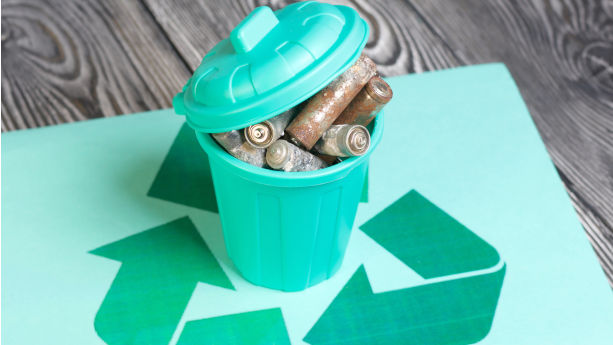
The Batteries Regulation requires producers to assume responsibility for their waste batteries, by setting requirements concerning registration, reporting, collection and treatment of their waste batteries.
In practice, meeting these obligations tends to require the appointment of a battery waste management company. These are also referred to as producer responsibility organisations or PROs. These are companies that help you manage the physical waste management, in addition to registration, reporting, and the payment of fees.
In this guide, we explain what are the requirements for importers and manufacturers, and provide information on several producer responsibility organisations based in the EU.
Content Overview

FREE CONSULTATION CALL (30 MIN)
 Ask questions about compliance requirements
Ask questions about compliance requirements Countries/markets:
Countries/markets:
 Learn how we can help your business
Learn how we can help your business
You will speak with:Ivan Malloci or John Vinod Khiatani
What is extended producer responsibility for batteries?
Extended producer responsibility for batteries refers to the obligations that battery producers – with the help of their chosen producer responsibility organisation – should fulfil to comply with the requirements set by the Batteries Regulation.
A battery producer is defined by the regulation as an importer, manufacturer, distributor, or other legal person that either:
a. Is established in the EU, and manufactures batteries in the EU under its own name
b. Is established in the EU, and has batteries manufactured under its own name to sell them in the EU
c. Is established in the EU, and resells batteries under its own name
d. Sells batteries online online to consumers, and is established in a third country (no matter if the country is in the EU or not).
This also includes batteries that are incorporated into appliances.
A producer responsibility organisation is a company that can help producers fulfil their extended producer responsibility obligations.
Specifically, battery producers have a responsibility to finance the collection, recovery, treatment and management of waste batteries. They also must comply with registration and reporting requirements. They can enlist a producer responsibility organisation to help them with these obligations.
Do importers and manufacturers need to pay for battery waste?
Yes, according to article 56, importers and manufacturers should pay the costs for:
a. The separate collection of waste batteries, including the transport and treatment of those batteries
b. Performing a compositional survey of the mixed municipal waste they have collected
c. Providing information regarding the prevention and management of waste batteries
d. Gathering data and submitting reports to the relevant authorities
Requirements for importers and manufacturers
The regulation requires importers and manufacturers of batteries to:
a. Establish waste battery collection and take-back systems, or appoint a battery producer responsibility organisation to do this for them
b. Bear the cost of collecting, recovering, transporting, treating, and managing their waste batteries, or paying an appointed battery producer responsibility organisation to help fulfil their obligations
d. Register themselves in the register of producers, in the EU country where they sell their batteries
e. Report the information set out in Article 75 to competent authorities
f. Affix the separate collection symbol (a crossed-out wheeled-bin), the CE marking and other relevant information into their batteries
g. Provide the relevant documentation
h. Comply with substance restrictions and safety requirements
Producers that sell online to consumers in EU countries were they are not established should also appoint an authorised representative (e.g. for registration purposes).
Note that the specific requirements may very according to the type of batteries that you sell:
- Portable batteries
- Starting, lighting and ignition batteries (SLI batteries)
- Light means of transport batteries (LMT batteries)
- Electric vehicle batteries
- Industrial batteries
Requirements for non-EU-based companies
According to Article 3, battery producers based in country outside the EU and who sell batteries online to consumers are subject to the same requirements as EU-based importers and manufacturers.
They should also appoint an authorised representative in the countries where they sell their batteries, to fulfil some of the obligations (e.g. registration).
How much does it cost?
The amount of money you should pay or contribute depends on the country, the type of battery you sell, the quantities, and sometimes, the registration fee. Below we list the price examples for some countries.
France
SCRELEC: Alkaline primary batteries – 0.402 Euro / kg
COREPILE: Primary lithium batteries – 2.350 Euro / kg
Note: Screlec and Corepile also require you to pay a minimum annual contribution of 200 Euro excluding VAT.
Italy
ERION ENERGY: Zinc-carbon batteries – 0.45 Euro / kg
The Netherlands
STITCHING OPEN: Portable lead coin button cells – 0.002 Euro / battery
Denmark
RECIPO: DKK 1,000 for registering the first product, DKK 500 for products thereafter
Do we need to register with a Register of producers in each EU member state?
According to Article 55 of the Battery Regulation, producers, or their authorised representatives, should register in the register of producers of the EU member state where they sell their products.
To put it simply, if you are a France-based battery producer selling your battery product in Germany, you should register in Germany’s register of producers. The same applies if you are based in China and are selling your product online to Spanish consumers. In this case, you should register in Spain’s register of producers.
Reporting requirements
Per Article 75 of the Battery Regulation, producers of batteries should report to a competent authority:
a. The amount of batteries sold for the first time in an EU member state
b. The amount of waste batteries they collected
c. The producer waste battery collection rate
d. The amount of collected waste batteries that are delivered to permitted facilities for treatment, preparation for repurposing, or preparation for re-use
e. The amount of collected waste batteries that are exported to non-EU third countries for treatment and preparation for repurposing or re-use
Collection requirements
According to Article 56 of the Battery Regulation, producers should be financially responsible for separately collecting waste batteries. They can appoint an producer responsibility organisation to collect the batteries on their behalf.
The fee that has to be paid to a producer responsibility organisation would depend on the type of batteries, the amount of batteries collected, and the annual fee, if any.
Article 59 explains that producers, or their appointed producer responsibility organisation, should bear responsibility for collecting waste batteries in the state where those batteries were sold. They should generally set up a collection system, collect the waste batteries for free, and have a waste management operator treat the waste batteries.
List of Battery Waste Management Companies in the EU
In this section we list some examples of battery waste management companies in various EU member states. For some of these companies we were able to confirm that they are producer responsibility organisations. However, for some companies, we were not able to find this information in their website, even if they claim to provide battery extended producer responsibility organisation related services.
Methodology: We have chosen companies from several EU countries based on the battery-related services they offer (e.g. collecting, and recycling). We also prioritised companies that have English-language websites.
Germany
Deutsche Recycling
Deutsche Recycling provides customers with battery-related services such as collection, disposal, recycling, and waste management. It offers consulting and can provide a cost overview and report collected batteries. They also provide solutions for the collection of disposable and rechargeable batteries.
The company can, in their words, “take over all” your battery-related recycling duties and obligations. You can contact them to determine how much you should pay regarding registration fees, disposal, and collection.
Services
- Extended producer responsibility services
- Registration
- Administrative reporting
- Quantity reports
- Take-back (collection) and recycling
- Consulting and legal services
- Auditing
HQ location: Cologne, Germany
Certify
Certify helps producers register for the German market. They can also help with reporting the data provided and dispose batteries.
The company works with their partner Stiftung EAR, which provides the structures for the registration procedure. Certify takes care of the procedure and the producer’s system participation with Stiftung EAR. All you need to do is provide Certify with data on the amount of batteries sold, and Certify takes care of the rest.
The company outlines three basic steps they can help you with to comply with the battery regulations:
1. Analysis and clarification – They assess your battery-related obligations and priorities
2. Consultation – They help you to plan and implement the duties you need to carry out
3. Full service – They handle the obligations for you, you just need to provide Certify with the quantities of batteries sold, and Certify aids in registration to quantity reporting
Services
- Registration
- Data reporting
- Recycling
- Take-back
- Collection
- Disposal
HQ location: Bruehl, Germany
France
Screlec
Screlec is a government-approved non-profit waste battery collector and recycler. The company has 5,000 members, around 32,000 battery collection points, and has collected over 5,300 tons of batteries in 2021.
Becoming a member of Screlec means you can fulfil your battery-related duties and also hand over to the company responsibilities such as registration and declaration. Their fees depend on the type of battery.
According to the French Agency for Ecological Transition (ADEME) website, Screlec is a producer responsibility organisation.
Services
- Registration
- Declaration (reporting)
- Compliance
- Battery removal
- Delivering collection equipment
- Processing and recycling
- Securing damaged batteries
HQ location: Paris, France
Corepile
Corepile is a government-approved eco-organisation that collects and recycles batteries and accumulators for their members, who sell batteries in France. The organisation carries out extended producer responsibility duties and collaborates with other eco-organisations such as the French Union of Portable Batteries and Accumulators.
They also provide their services to:
- Marketers
- Companies and public establishments
- Local authorities and recycling centres
- Schools
- Distributors
Corepile’s price list outlines the contributions per kg you should make for different types of batteries. According to the ADEME website, Screlec is a producer responsibility organisation.
Services
- Registration
- Collection
- Recycling
HQ location: Paris, France
Italy
Erion Energy
Erion Energy is a non-profit producer responsibility organisation. The company helps producers with regulatory compliance and coordinates battery take-back and treatment services.
They ensure the traceability of waste batteries based on the integration of data from involved parties such as collection centres, treatment plants, and logistics operators.
According to their website, Erion Energy is registered in the National Register of Environmental Managers, Category 8, and is UNI EN ISO 9001 and 14001 certified. The company lists the fee contributions you should make, in Euros per kilogram, regarding several types of batteries on their website.
Services
- Registration
- Collection
- Waste battery management
- Consultancy
HQ location: Milan, Italy
Consorzio ERP Italia
Consorzio ERP Italia is a non-profit producer responsibility organisation that recycles and manages batteries on behalf of producers. It also implements the extended producer responsibility and circular economy principles.
The organisation is a partner of Landbell Group, which helps companies comply with existing ERP regulations. They have 32 collection centres in 13 countries, collected 116,259 tons of batteries, and treated 112,675 tons of batteries. In 2022, Consorzio ERP Italia achieved a 46% return rate for batteries and accumulators.
Their services include reporting the data and information to the relevant authorities on the producer’s behalf, and compiling and submitting declarations, registration applications, and other forms.
The company has several certifications, such as:
- ISO 9001
- ISO 14001
- Organisational management by Legislative degree 231/2001
Services
- Registration with the National Coordination Centre for Batteries and Accumulators (CDCNPA)
- Collection
- Recovery
- Recycling
- Analysis of waste battery-related legal obligations
- Battery management
HQ location: Milan, Italy
Netherlands
Stichting OPEN
Stichting OPEN is a producer responsibility organisation that fulfils legal obligations on behalf of battery producers. The company’s Stichting Batterijen (STIBAT) division, founded in 1995, is responsible for managing battery waste, including portable batteries and bicycle batteries.
Stichting OPEN has a page for producers to register themselves as battery producers or as waste battery collection points. The organisation has around 13,000 of these collection points. Producers can register the number of batteries using STIBAT’s myBatbase portal.
The company has uploaded their list of waste management fees for batteries to their website.
Services
- Collection
- Recycling
- Treatment
- Registration
HQ location: Zoetermeer, Nederland
Spain
Envirobat España
Envirobat España is a member of the European Battery Recycling Association (EBRA) and the Spanish Federation of Recovery and Recycling. The company’s expertise is in recycling batteries. It works with national and EU producers and the main Integrated Systems of Management of Batteries (GIS).
They offer to help producers with battery recycling, logistical support, and advice regarding environmental and legal issues. According to their website, the company was certified by IQNet and AENOR, and partners with AEPIBAL and BATTERYPLAT.
Services
- Recycling
- Recovery
- Treatment
- Logistical support
- Reporting
- Archiving
HQ location: Guadalajara, Spain
Ecopilas
Ecopilas is a Collective System of Expanded Producer Responsibility (SCRAP) that manages waste batteries, and has over 35,500 waste battery collection points, which means almost 800 collection points per million people.
The company has 811 members and manages waste portable batteries, industrial batteries, and batteries from electrical vehicles. They have a battery management platform for member producers to request collection, as well as a treatment centre.
They have three main channels – domestic, professional, and industrial – through which batteries can be collected, stored, and treated before returning to the battery production process, thereby aiding the circular economy.
Services
- Collection
- Registration
- Declaration
- Sorting
- Recycling
- Recovery
- Transport
- Storage
HQ location: Madrid, Spain
Sweden
Stena Recycling
Stena Recycling manages many waste materials, which include waste batteries, and batteries from electric cars. The company has 178 recycling facilities across the EU, and collects and recycles over 6 million tonnes of waste each year.
The company offers lithium-ion battery recycling, collection, and reuse services to battery manufacturers to ensure the proper recycling and reuse of batteries. It also labels each battery it handles for traceability purposes.
According to their website, their large number of recycling facilities means that you can reduce emissions and transport costs when your battery waste is collected. In fact, emission reduction is one of three benefits; the other two being optimised waste collection and the ability to recycle complex waste.
Stena Recycling also has certified battery centres where they test, recycle, and reuse batteries. The company can arrange for logistics companies to collect and transport used batteries in EU countries where they do not operate.
Services
- Recycling
- Collection
- Reporting
- Sorting
- Transport
- Labelling
- Reuse services
- Consulting
HQ location: Gothenburg, Sweden
Denmark
Recipo
Founded in 2007, Recipo is a producer responsibility organisation that provides a collective system to collect and recycle batteries and helps battery producers fulfil their legal obligations. Producers can use the company’s booking system – Green Track – to request a collection and transport of battery waste to their handling and recycling centres
Recipo’s Danish Producer Responsibility System (DPA-System) allows producers to register and submit their registration agreement.
Producers should pay a registration fee of DKK 1,000 for selling their first battery product, and thereafter, a fee of DKK 500 for other registered products. They also have to pay an annual fee per kg or ton of batteries sold in Denmark.
Recipo is SS-EN ISO 9001 certified, and partners with WEEE-Forum, WEEElogic, and Deutsche Recycling.
Services
- Collection
- Recycling
- Registration
HQ location: Copenhagen, Denmark

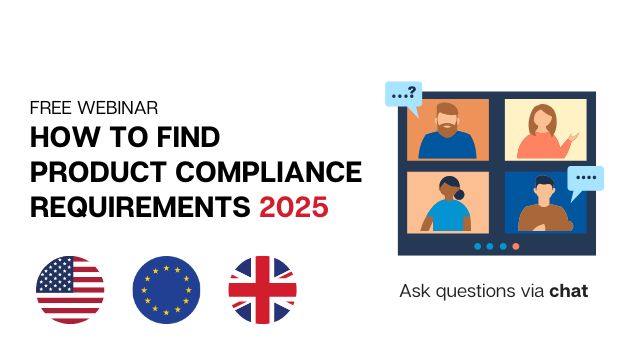
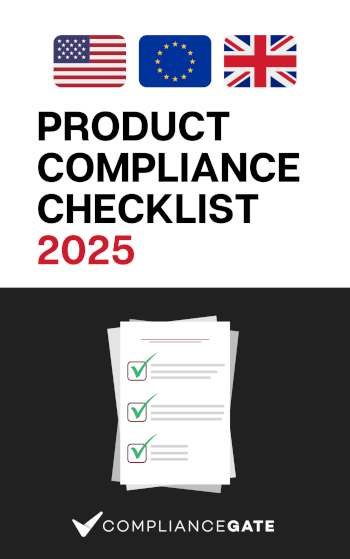




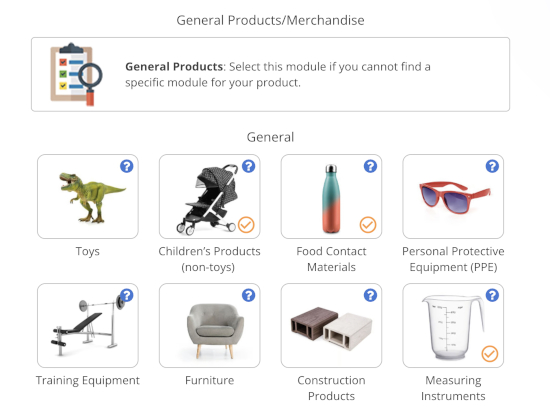







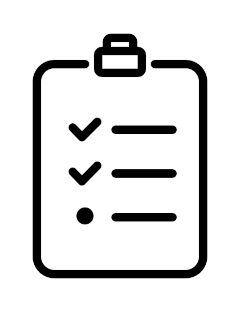


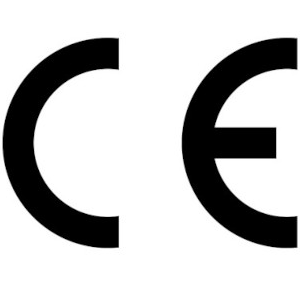




.png)
.png)
.png)
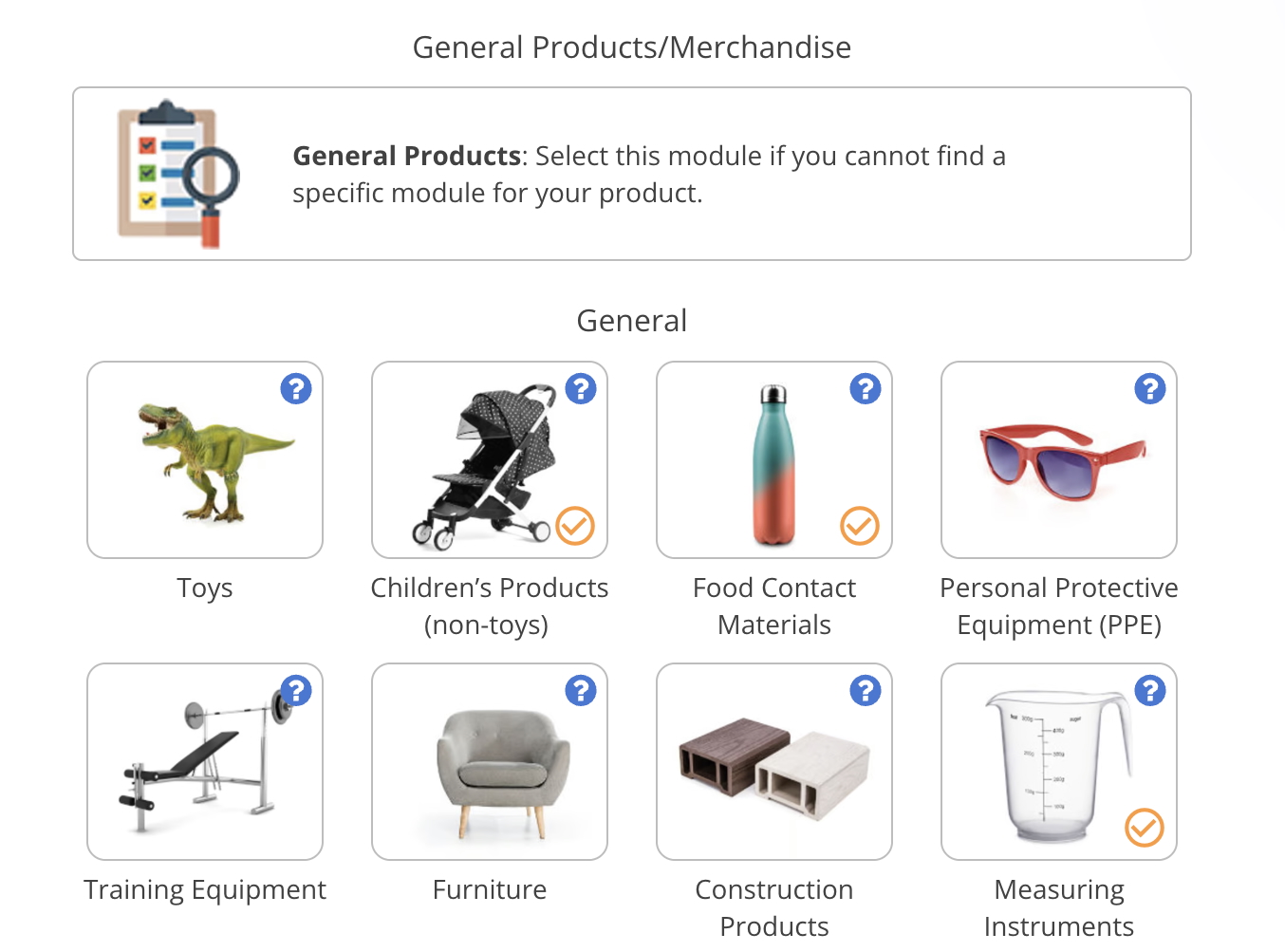


Hello ComplainceGate team,
Thanks for this information.
I wanted to know which countries in EU have a mandatory obligation to appoint a PRO. I know in Germany, from 2026, the rule is to appoint a PRO and there will be no option for the producer to handle their waste batteries on their own via contacting directly to recyclers. They need to join/appoint a PRO. But is this rule also valid for other countries in EU?
Please let me know.
Many Thanks
It is pleasure to contact with you, I am Ceci from a HongKong service company. Most of our customers are e-commerce sellers from different regions (non-EU) who need to take responsibility for battery recycling and WEEE recycling.
In order to better serve our customers, we have established an Italian company as the local authorized representative of our customers. However, we still lack the cooperation of recycling companies. Could you please give me a quote for your recycling service?
Hello Ceci,
You will need to contact the battery waste management companies directly. That is not a service we provide.